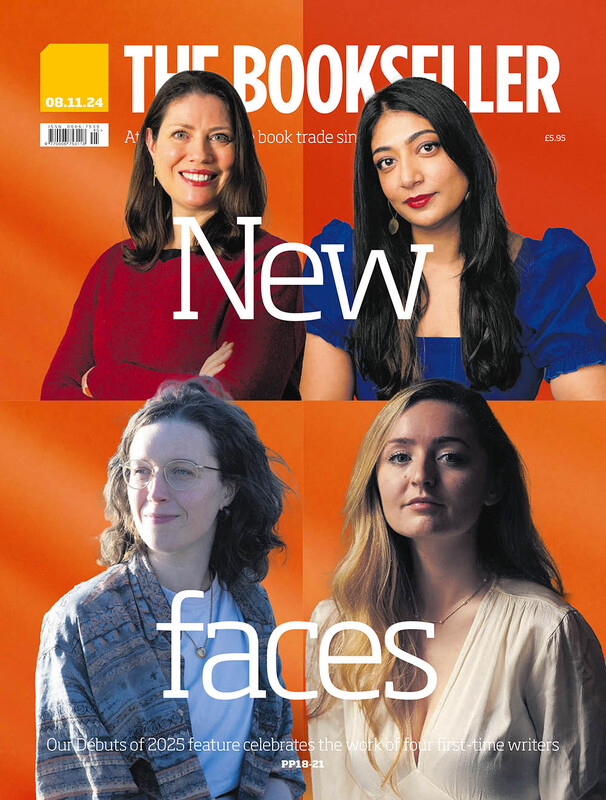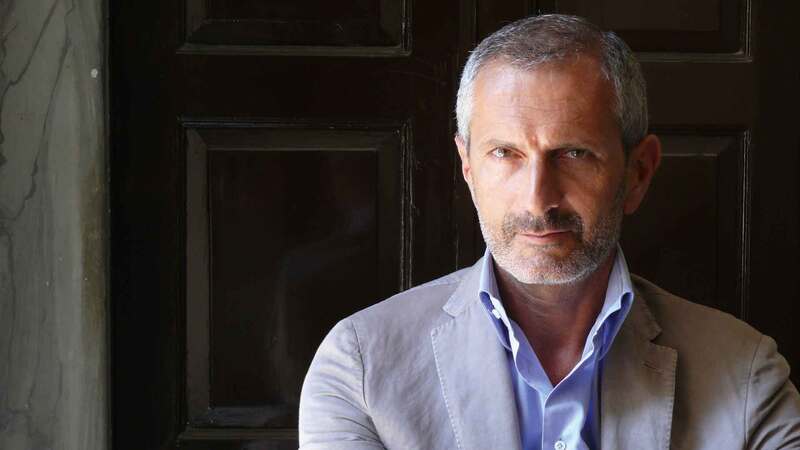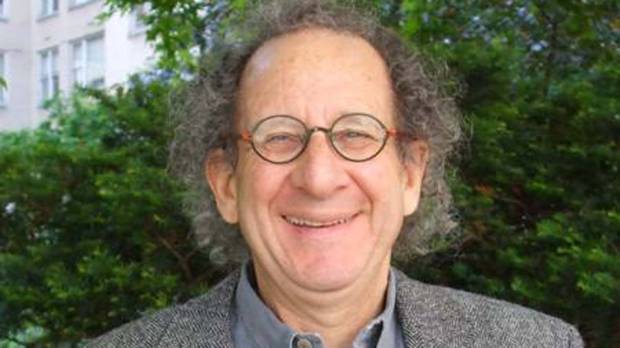You are viewing your 1 free article this month. Login to read more articles.
Return to satire: Jonathan Coe
The novels of Jonathan Coe’s backlist tend to cluster around eras, events and individuals that shaped Great Britain in the post-war period.
The blackly comic What a Carve Up! was a scathing satire of the 1980s, blooded by Thatcherite individualism; The Rotters’ Club focused on IRA bombs, strikes and the three-day week which marked the 1970s; its sequel, The Closed Circle, scrutinised the Noughties—the promise, and eventual disappointment, of New Labour and its relentless cycle of spin.
His tenth novel, Expo 58, is another instalment in what Coe describes as a “mosaic of novels with characters in common which look at different aspects of British life”, and tackles the nation in the 1950s, coming to terms with both the trauma and triumph of the Second World War, reeling from the disintegration of its great empire, and grappling to construct the welfare state.
“Britain had a terrible sense of its diminished place in the world,” the Bromsgrove-born author says. As such, it provides fertile ground for “really one of the most British books I have written”.
Coe’s interest in the decade was piqued on a trip to Brussels to visit the Atomium, an iconic monument built for the Brussels World’s Fair, Expo 58, which provides the book’s title. “I fell in love with it, this peculiar building,” Coe says. “National identities are seen much more clearly when you go abroad, particularly in the context of the World’s Fair, where people are being asked to present their national identities and identify with them.”
The Rain Before It Falls
Expo 58’s protagonist Thomas and his wife Sylvia were minor characters in Coe’s novel The Rain Before it Falls; here, we find them in the midst of matrimonial mediocrity, parents to a young daughter but increasingly alienated from each other. The situation isn’t helped when Thomas, a junior copywriter is tasked with overseeing the operations of The Britannia, a faux-British pub based on the Brussels site.
The Britannia is “a fake pub, projecting a fake vision of England, transported into a fake setting where every other country was projecting fake visions of their national identity”. The 1958 fair, according to Coe, was “wholly postmodern . . . it was like a simulacrum. I couldn’t help imagining what it would be like to live in this fake world for six months”. He argues: "It feels like we are living every day now in a similar kind of environment."
Yet there are also more sinister stirrings at the World’s Fair. As Britain’s status on the global stage wanes, the US and USSR are enacting a power play of their own. The Britannia is the hub of the nations’ tensions, and Thomas becomes the axis of an intricate espionage plot that tests his national, professional and personal loyalties.
Expo 58
Expo 58 is also a return to the acidic satire that permeated Coe’s early work. “The comic tone was predetermined because it is set in the kind of 1950s I wanted to revisit—my 1950s, if you like—the early novels of Kingsley Amis, the late novels of Evelyn Waugh, the late Ealing Comedies, the kinds of things that I grew up reading and watching,” Coe says.
“I wanted to get back to comedy for the sake of it, in a way, precisely because the times we are living in are so bleak,” he adds. “I think people need humour more and more.”
The majority of the comedy is provided by slapstick spy duo Radford and Wayne—named after Basil Radford and Naunton Wayne, actors who played the zany pair Caldicott and Charters in Alfred Hitchcock’s “The Lady Vanishes”. “I don’t know anything about spies or espionage,” Coe claims, “so I could either try to do it very seriously, or I could use parody, and import these characters from another world, the world of cinema. I wanted to make a virtue of that; [Radford and Wayne] don’t come from the same moral universe as Thomas, and that is what he finds so spooky about them.”
As the narrative progresses, it becomes apparent that the World’s Fair, ostensibly an international celebration, is a seedling of the onslaught of globalisation. “One of the first things I discovered about the British contribution is that they were the only country to have a dedicated industries pavilion sponsored by private industry,” Coe explains, registering his regret that Britain was “engaged in this massive idealistic project of building the welfare state” yet they “didn’t really know how to sell it to the world”. He argues Danny Boyle—“a different kind of visionary”—and 50 years’ breathing space had solved the issue of celebrating the welfare state on a large scale.
“There was no pretense of making it a public display,” Coe says. “[Expo 58] was a marketplace. It was there to sell, to drum up business. It struck me as an interesting example of the fact that Britain seems to always be at the front of market-driven enterprises.”
Modern-day parallels such as this are seized on by the writer, who uses the passage of time to both comic and serious effect—characters repeatedly extol the health benefits of cigarettes (Thomas lets his pregnant wife smoke on the basis that it helps her stress), and a humorous passage recites a Soviet writer’s view of the future, involving transportation of scents.
“Why write a historical novel?” asks Coe. “Why write a novel set in the 1950s? It’s interesting historically, it’s also fun . . . [historical novels] are also about power politics in every era. It wasn’t as though I was looking for modern parallels, but when you find one you can’t help but seize it, I suppose.”
Expo 58 by Jonathan Coe is published by Viking. Read our review.
You might like:
How British Fiction Breaks the Rules
Charlie Higson's Desert Island Books
Photo credit: Dolf Kruger













